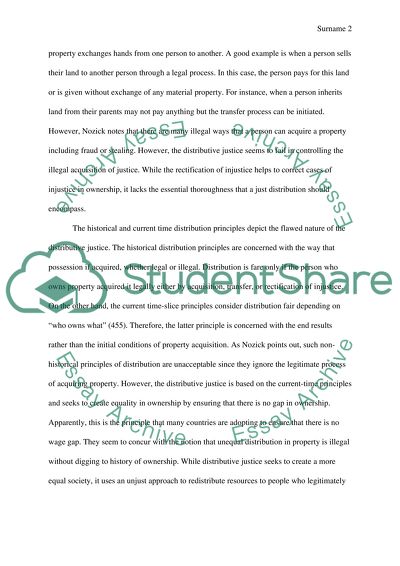Cite this document
(“Distributive Justice and Ownership Rights Coursework”, n.d.)
Retrieved from https://studentshare.org/law/1678831-distributive-justice-and-ownership-rights
Retrieved from https://studentshare.org/law/1678831-distributive-justice-and-ownership-rights
(Distributive Justice and Ownership Rights Coursework)
https://studentshare.org/law/1678831-distributive-justice-and-ownership-rights.
https://studentshare.org/law/1678831-distributive-justice-and-ownership-rights.
“Distributive Justice and Ownership Rights Coursework”, n.d. https://studentshare.org/law/1678831-distributive-justice-and-ownership-rights.


